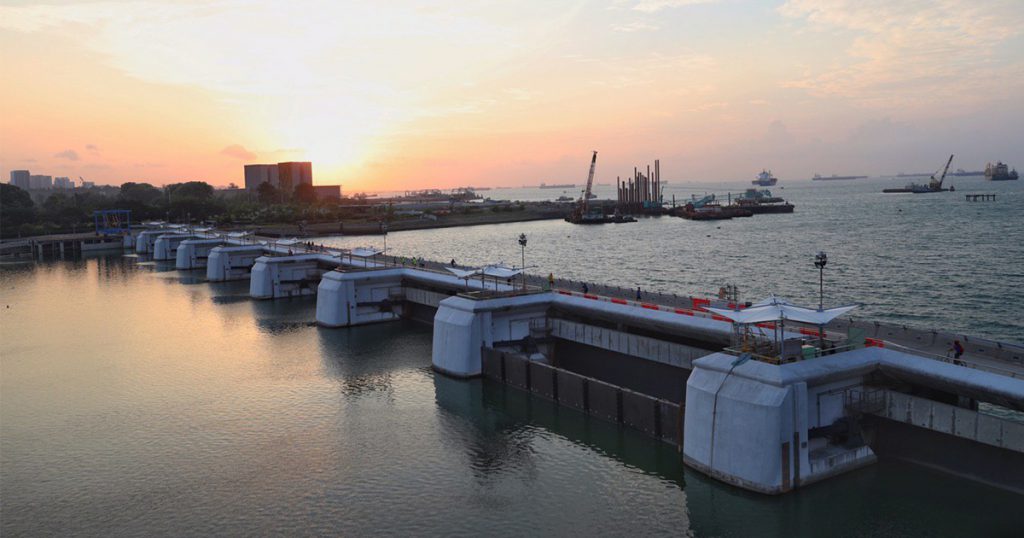Prime Minister Lee Hsien Loong delivered his National Day Rally speech yesterday (August 18), discussing Singapore’s current challenges and the moves the Government will be undertaking to revive the city.
Here’s what you need to know about the government’s plans for climate change.
The Singapore government is planning to spend at least $100 billion over the next 50 to 100 years to prepare for the effects of climate change.
Announced by Prime Minister Lee Hsien Loong during the annual National Day Speech last night, PM Lee said that Singapore is experiencing higher temperatures, heavier rainstorms, and is “especially vulnerable” to rising sea levels due to it being a low-lying island.
Climate change might seem abstract and distant for many of us, but it is one of the gravest challenges facing humankind.
PM Lee, National Day Rally 2019
As an immediate response, the government has set up the Centre for Climate Research Singapore (CCRS), which will work with neighbouring countries to study how climate change is affecting Southeast Asia.
PM Lee also highlighted that Singapore signed the Paris Agreement back in 2016, signalling the country’s commitment to reduce carbon emissions by 2030.
In the near future, structural changes will be made to accommodate rising sea levels. New developments will now be built at least 4 metres above sea level as opposed to the current 3 metres, while “critical infrastructure” like Changi Airport Terminal 5 and Tuas Port will be built at least 5 metres above sea level.
The government also plans to build a second pump house at the Marina Barrage, which will help to move water out of Marina Reservoir back into the sea to prevent flooding in the city.
On top of these initiatives, the government is also exploring other engineering solutions as well.
Using the Netherlands — a similar low-lying country — as reference, Singapore might explore polders, which involves using seawalls to pump out the water behind it.
PM Lee said that these plans will be be progressive and flexible, and will adapt to how the climate change situation develops.
“If we only have 10 years we won’t have the time or resources to do it. But because this is a 50 to 100-year problem, we can implement a 50 to 100-year solution to this problem,” he said.
“In Singapore, long-term problems we can make long-term solutions. Not everywhere, but in Singapore – yes we can.”
In his closing statements on the matter, PM Lee also said that Climate Change defence should be treated as seriously as the Singapore Armed Forces (SAF), as both are a matter of life and death for Singapore.
“There is one difference between the two: with the SAF we hope never go to war. But with climate change, we know for sure sea levels will rise,” he said.
“We must make this effort. Otherwise one day our children and grandchildren will be ashamed of what our generation did not do.”
- Read about the changes to Singapore’s retirement age and CPF contributions for older workers.
- Read about the lower tuition fees and increased bursaries for polytechnic and university students.
- Read about the early childhood education subsidies for low-income families.
- Read more about how Singapore’s economy is affected by US-China tensions.
Feature Image Credit: Prime Minister’s Office











